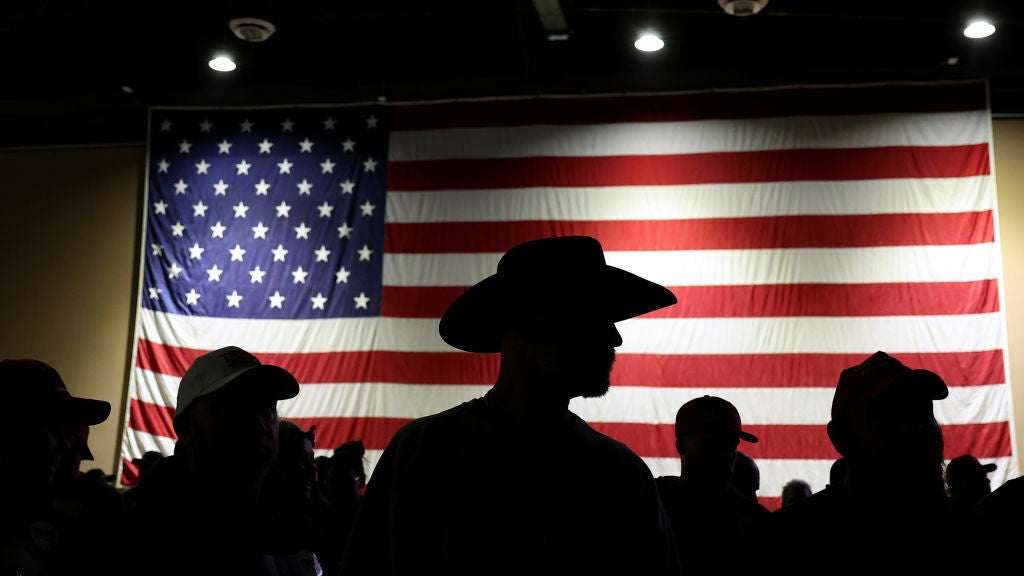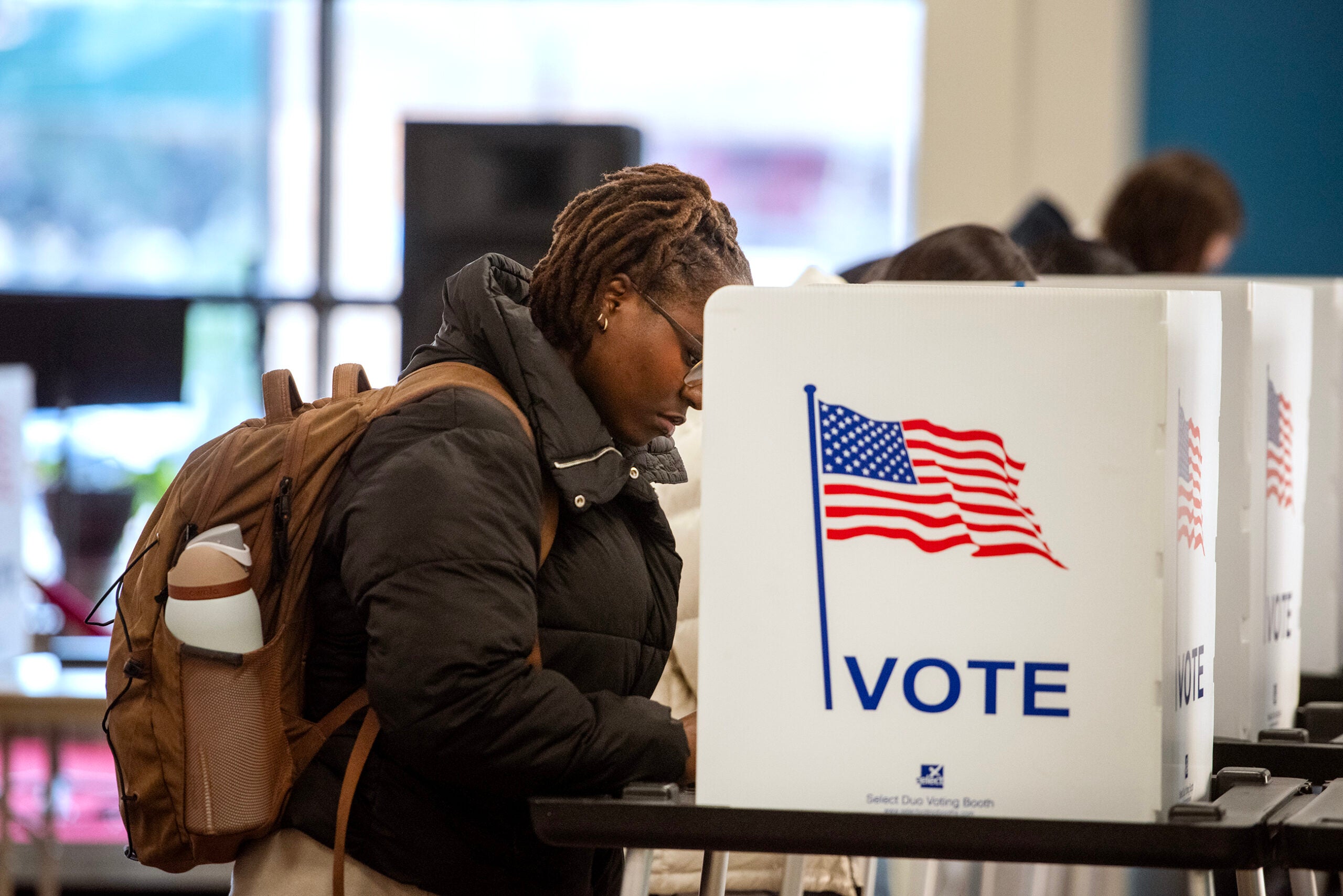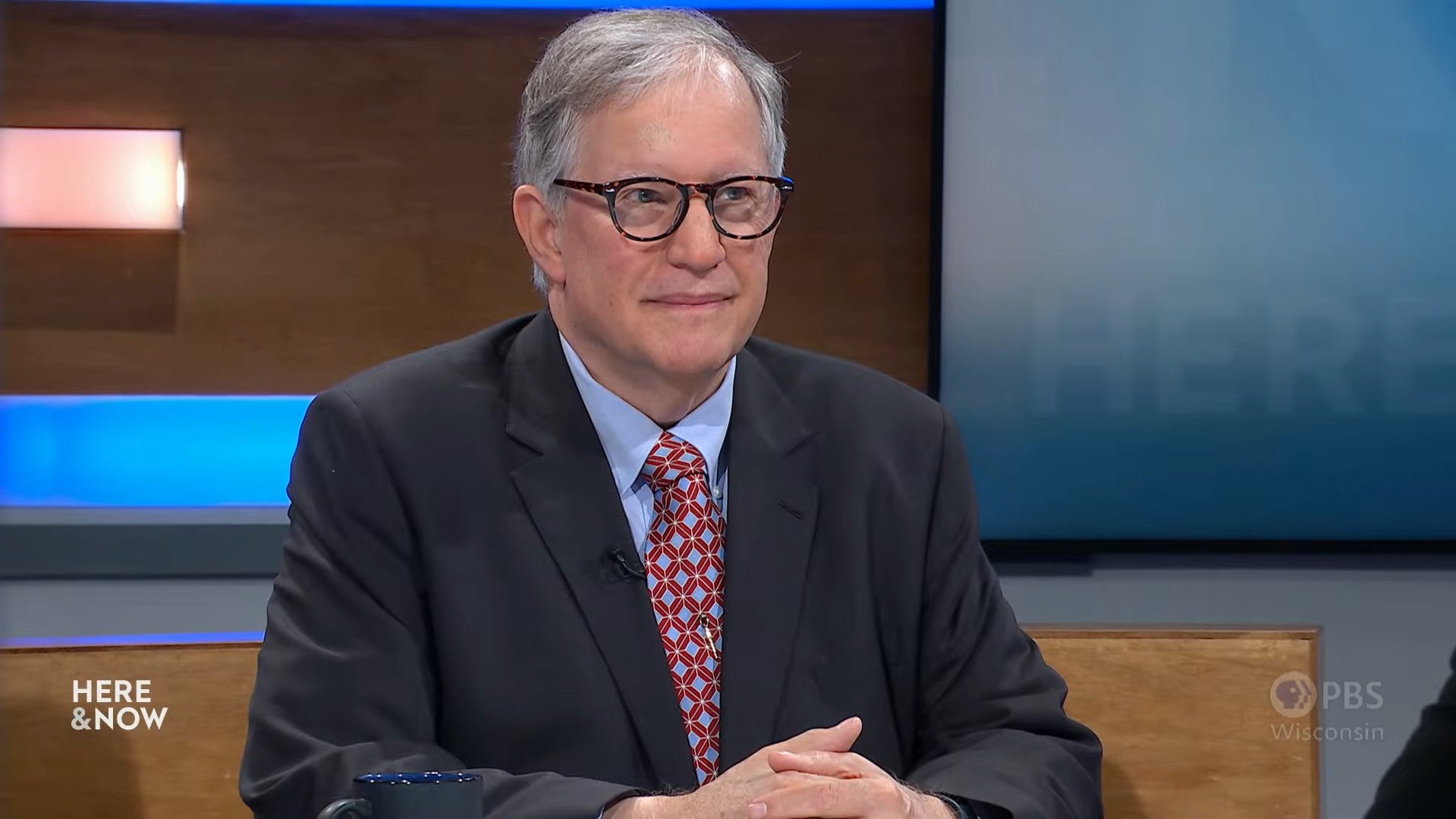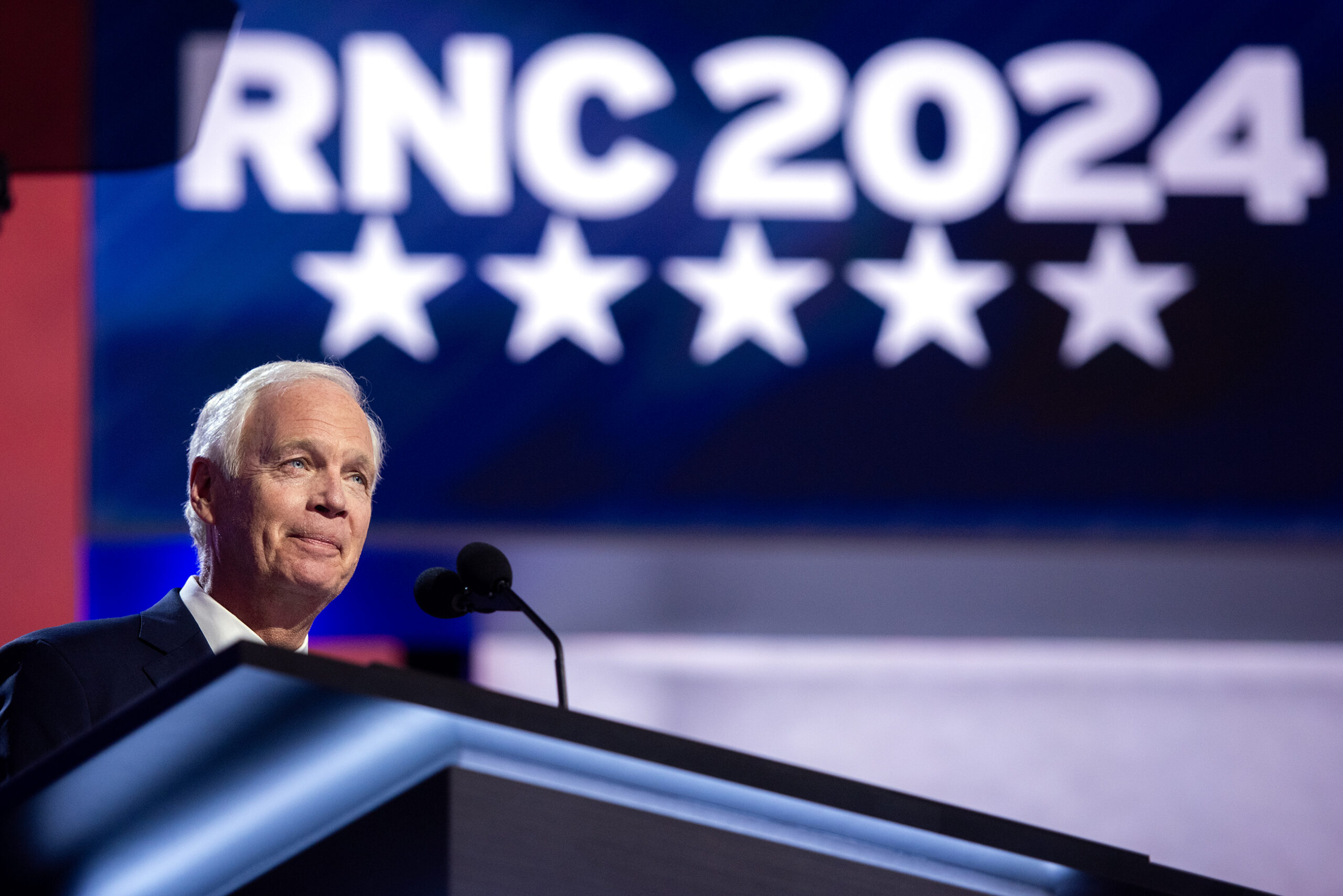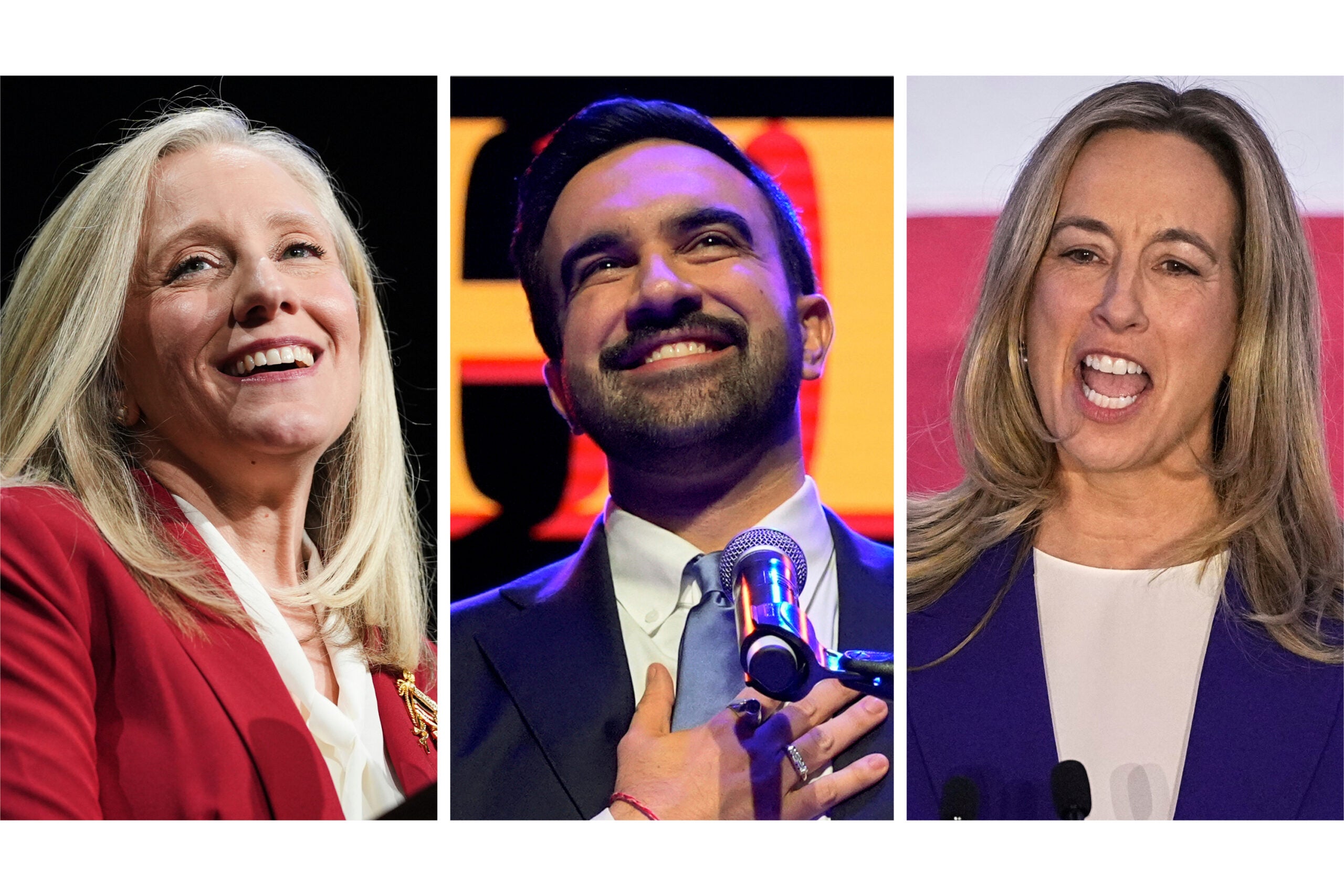Whether you’re excited or dreading it, this is a presidential election year, and voting for party nominees starts in less than two weeks.
Here are 10 questions about what could determine who the next president will be:
1. Do perceptions of the economy improve?
News with a little more humanity
WPR’s “Wisconsin Today” newsletter keeps you connected to the state you love without feeling overwhelmed. No paywall. No agenda. No corporate filter.
It’s the top issue for voters, and they are in a bad mood about it. Polls continue to show Americans are pessimistic about the state of the economy despite strong signs – solid growth, low unemployment and declining inflation.
But food prices and mortgage rates are higher than people would like, and the blame is landing on President Biden. His ratings for handling the economy are low, and it’s a major potential hindrance to his reelection chances.
A president has little control over the economy, but his team has to hope that unemployment remains low and inflation recedes enough to give the Federal Reserve confidence to loosen its belt.
2. Does abortion retain its salience?
This is the first presidential election since the Dobbs decision. Democrats have had success in every election since, even in red states.
Expect Democrats to do everything possible to use the issue to motivate voters to go to the polls, especially as Republican-governed states continue to pass restrictions.
3. How do the situations in Ukraine and Israel change?
Perceptions of how Biden is handling foreign policy have hurt his presidency. When it comes to Israel, in particular, the war has fractured the Democratic base.
Biden is struggling with younger voters and non-whites are also less likely to want a response that is strongly pro-Israel. Those are both key Democratic constituents, but so are Jewish Americans, who have historically voted overwhelmingly with Democrats.
4. Do younger voters rally to Biden’s side despite misgivings — or not?
Israel’s war with Hamas, voting rights, student loans have all been areas of frustration for younger voters with Biden.
Biden’s approval ratings with younger Americans have been lagging. Biden was never a favorite of younger voters, many of whom held their nose to vote for Biden to oust former President Donald Trump from office.
Expect the Biden campaign to remind those voters of what they don’t like about Trump.
5. Do third-party candidates gain real traction and become the 2024 wild card?
This is a major wild card and something that keeps Democratic strategists up at night.
People like anti-vaccine, environmentalist Robert F. Kennedy Jr; former Green Party spoiler Jill Stein; and professor Cornel West are running, and there could be a No Labels candidate. No one is quite sure how they will factor in, but Trump has a pretty firm base of voters.
Democrats worry that disaffected voters, who would have chosen Biden over Trump, could vote for one of these others and open a path for Trump back to the White House. After all, remember, Trump did not get above 47% in either 2016 or 2020. A third-party that pulls votes from Biden would help open a path for Trump back to the White House.
6. Can Haley or DeSantis actually give Trump a run — or does Trump wrap up the primary quickly?
They’ve been decided underdogs. It’s time to see whether one of them actually has the goods when voters vote.
To this point, Trump has led by huge margins in the polls and so much of what’s been the focus has really been on the race for second place.
Iowa kicks off voting Jan. 15, followed by New Hampshire Jan. 23. Florida Gov. Ron DeSantis has staked a claim in Iowa and former Trump U.N. Ambassador Nikki Haley has done the same in New Hampshire. Let’s see if they’ve done enough to convince voters to go with them instead of Trump.
7. Do Trump’s trials wind up mattering — if not for Republican primary voters but for persuadable ones in a general election?
Most Republicans may think Trump is being persecuted, but independents and Democrats think he did something wrong.
So far, these trials have only helped him in the primary with base voters who believe him, but that’s not likely going to be the case with persuadable, general-election voters, who have pretty negative views of Trump.
There could be a situation where Trump is on trial during a general election. Georgia, for example, has proposed a start date for example of Aug. 5 with cameras in the courtroom. It’s hard to see how an O.J. Simpson-style trial helps Trump in a general election. Of course, this is someone who has always believed it’s better to be in the spotlight than not.
8. How will attrition among election officials affect vote counting in states?
This is a serious issue. The thing that has always distinguished the United States from other countries is how well run, clean and efficient elections are run here.
Trump’s election lies made it more difficult for many of the elections officials. They faced threats and lawsuits and many decided to leave their posts rather than face what they’ve faced. That’s a lot of institutional knowledge that’s walked out the door, and there’s no telling what that will mean for the vote count.
9. Do democratic institutions again hold?
The reason Trump’s attempts to stay in power did not work is because institutions, like those election officials across the country, Congress and the courts held and did their jobs.
But they’ve been targeted in a three-year campaign by Trump and allies. He’s installed more loyalists in his campaign and state parties, and there are fewer Republicans in Congress willing to stand up to Trump.
Just two of the 10 Republicans who voted for Trump’s impeachment after Jan. 6 are still in office, for example.
10. Which winds up mattering more: frustrations with how Biden is doing his job (and his age), or the negative views of Trump?
This is maybe the most critical question of this presidential election.
Most voters say Biden, 81, is too old to be president, and they give him low approval ratings, but they also really don’t like Trump, who isn’t so far off in age at 77.
Democrats will surely spend millions to wipe away voters’ Trump “brain fog,” as Pennsylvania Democratic Gov. Josh Shapiro called it, to remind them of Trump’s views, many of which have been increasingly anti-democratic on the campaign trail.
Which of those weighs out could determine who is the next president.
9(MDAyMjQ1NTA4MDEyMjU5MTk3OTdlZmMzMQ004))
© Copyright 2026 by NPR. To see more, visit https://www.npr.org.9(MDAyMjQ1NTA4MDEyMjU5MTk3OTdlZmMzMQ004))

